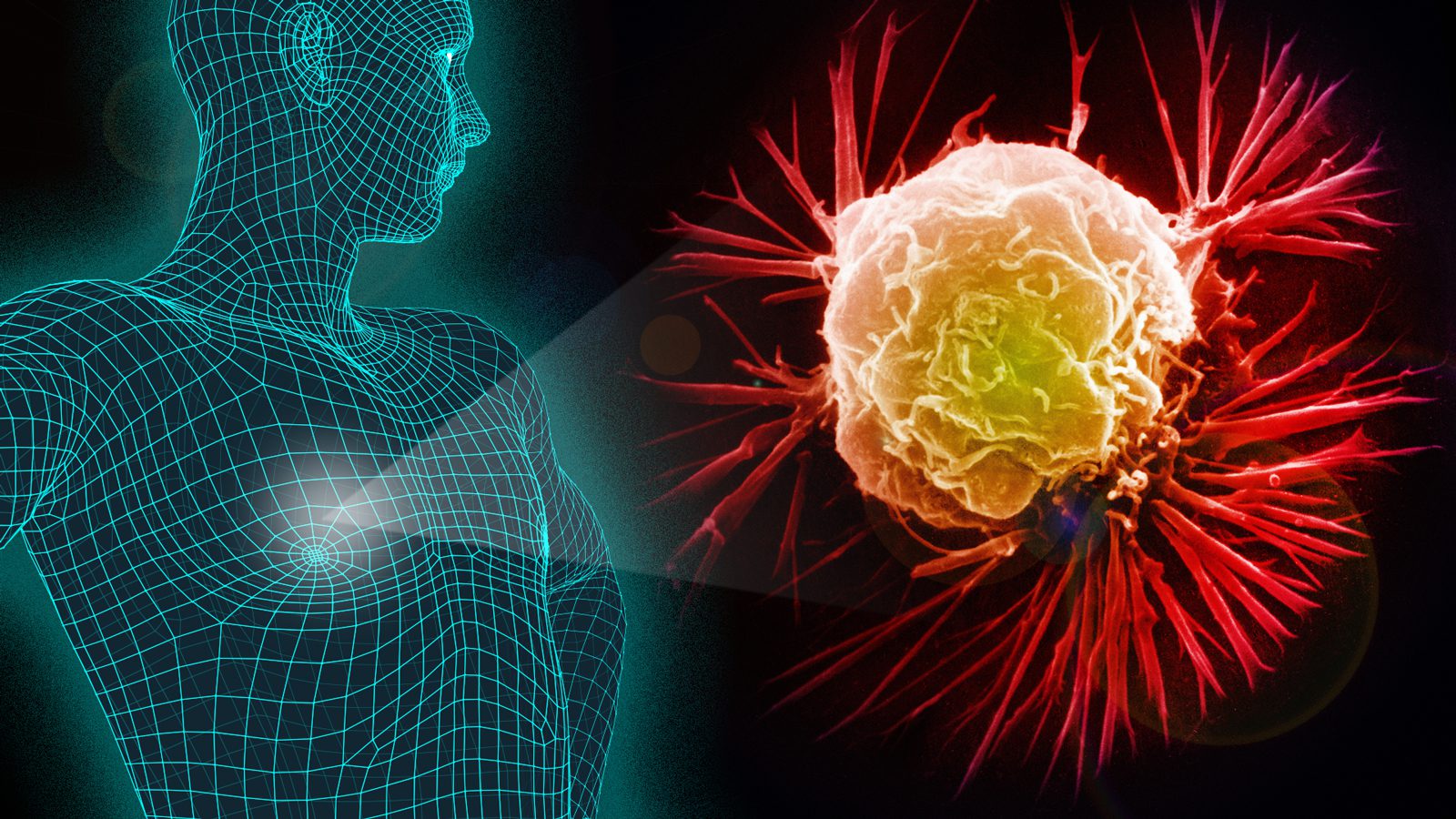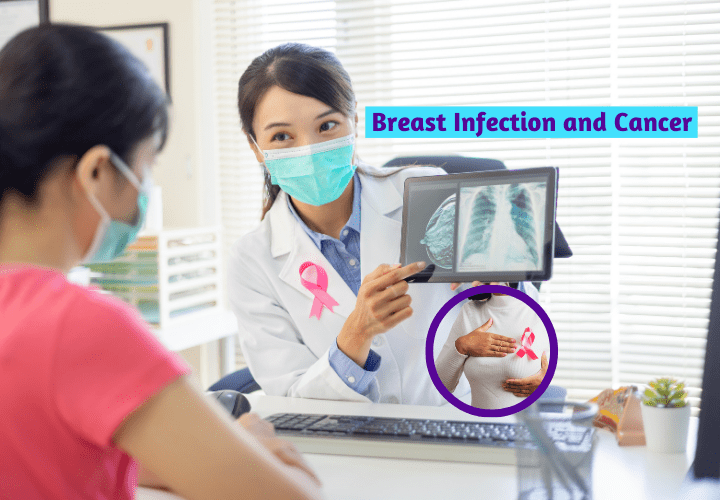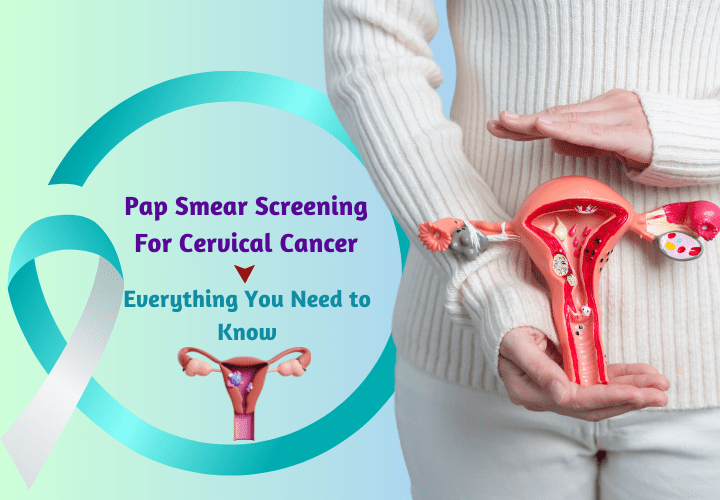Living with cancer

Living with cancer
- onco
- June 11, 2022
Cancer
Cancer is an undifferentiated mass of cells that is fatal to live organisms. Cancer can spread all over the body. Cancer is a major cause of death. The main cause of cancer is genetic changes that lead to uncountable cell growth. Most cancers are caused by environmental, behavioral, or lifestyle exposures.
The following are general cancer risk factors:
Anything that raises a person’s risk of developing cancer is considered a risk factor. But the majority of risk factors don’t cause cancer. Despite having multiple risk factors, some people never get cancer. And some get trapped in it with minor symptoms.
- Aged more.
- A history of cancer in the family or personally.
- Tobacco use
- Obesity
- Alcohol
- Some viral infections, like those caused by the human papillomavirus (HPV),
- Certain substances
- Exposure to radiation, especially the sun’s UV rays.
Coping strategies for cancer patients
- Be prepared for potential physical changes: The optimum time to make adjustments is right now, following your cancer diagnosis and before you start treatment. Get ready now so that you can handle the situation later on. Find out what changes you should expect from your doctor. If taking medicines will result in hair loss, seeking image consultant assistance on clothing, makeup, wigs, and hairpieces may make you feel more confident and appealing. Wigs, prosthetics, and other adapted equipment are frequently covered by insurance.
- Keep up a fit lifestyle: Your energy level may increase. To help you cope with the stress and exhaustion of cancer and its treatment, choose a balanced diet of a range of foods and get enough sleep. Exercise and engaging in fun activities can both be beneficial. According to recent research, those who continue to exercise while receiving therapy may live longer in addition to coping better.
- Try to continue living normally: maintain your regular way of life, but be willing to change it if necessary. Take each day as it comes. In times of stress, it’s easy to forget this tactic. Planning and arranging may appear too much to handle when the future is uncertain.
- Combat stigmas: There are still some lingering misconceptions about cancer. Your pals might query whether your cancer is contagious. Your coworkers could question if you’re fit enough to perform your job, and some might keep quiet out of concern for what they might say. There will be lots of queries and worries.
- Please create your own coping mechanism: Each person’s coping approach is unique, much like their cancer treatment. Tips to Consider
-
- Develop your relaxing skills.
- Honestly, express your emotions to loved ones, friends, a spiritual leader, or a counselor.
- To help you organize your thoughts, keep a journal.
- When presented with a tough choice, make a list of the advantages and disadvantages of each option.
- Look for a spiritual resource to help you.
- Make time for solitude.
- As much involvement in your job and leisure pursuits as you can.
- Review your priorities and ambitions: Decide what matters most in your life. Make time for the things that are most meaningful to you and most important to you. If necessary, try to find a new openness with family members. Tell them your feelings and thoughts. All of your relationships are impacted by cancer. Cancer-related anxiety and worry can be lessened with communication.
- Talk to other people living with cancer: There are moments when you may feel as though those who have not been given a cancer diagnosis cannot truly comprehend how you are feeling. Speaking with those who have experienced your circumstances can be helpful. You can learn from the experiences of other cancer survivors and gain knowledge about what to anticipate throughout treatment. You may know someone who has battled cancer. Alternatively, you can contact other cancer survivors via support groups. Inquire with your doctor about local support groups or get in touch with the American Cancer Society in your area. Additionally, online discussion forums unite cancer survivors. Start with the Cancer Survivors Network of the American Cancer Society.
Recent Posts
-
Pap Smear Screening for Cervical Cancer: Everything You Need to Know
February 26, 2025
-
How Air Pollution Increases the Risk of Lung Cancer: A Growing Concern
February 18, 2025





Leave a Reply